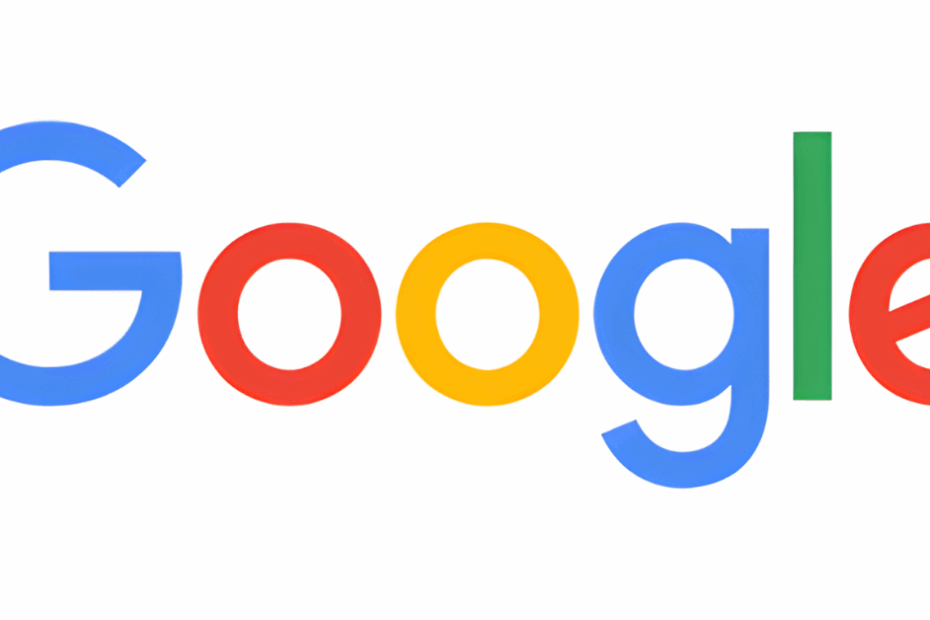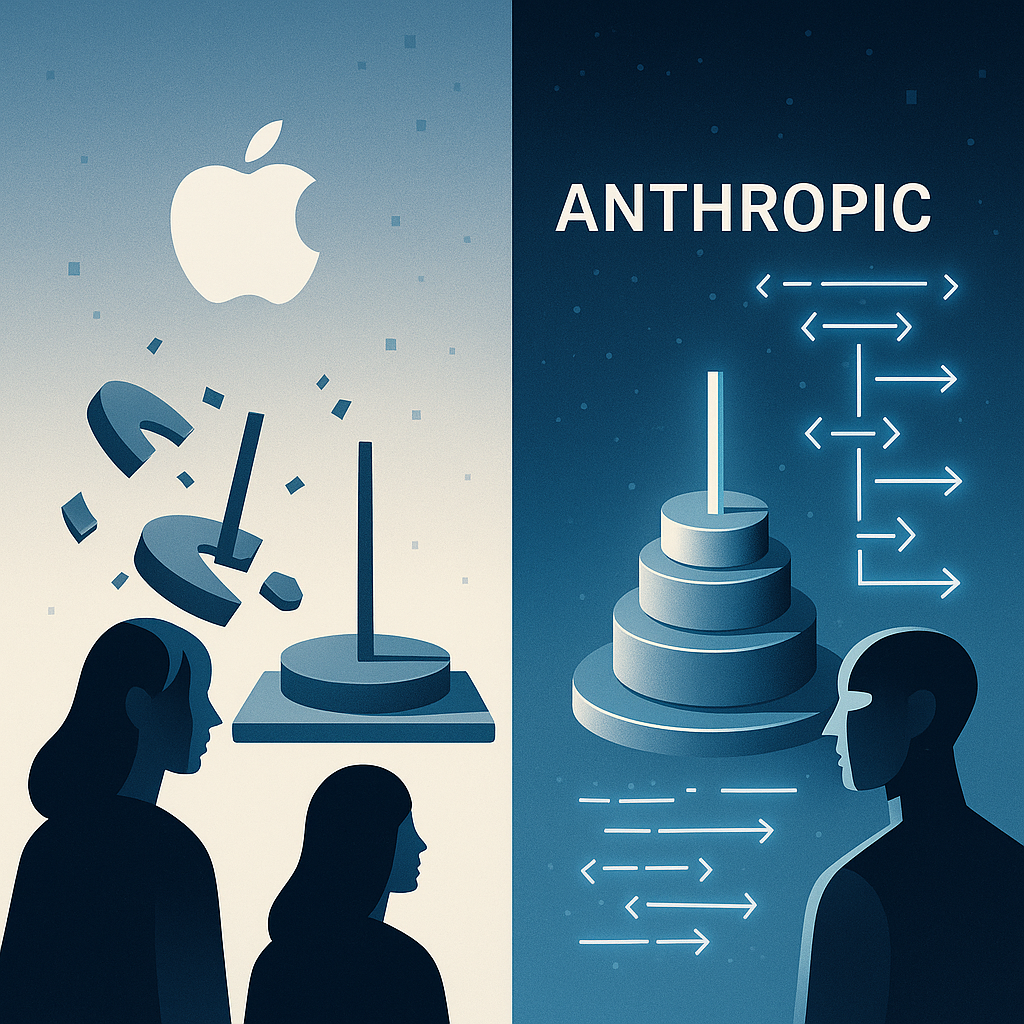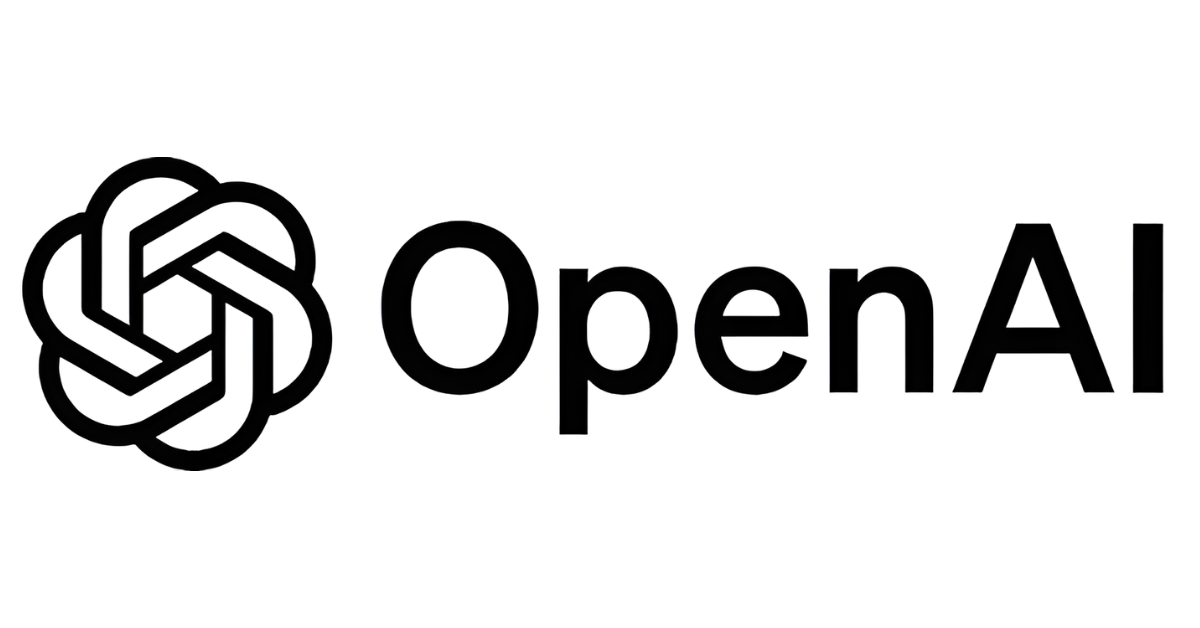Google’s AI feature is quietly killing newsrooms worldwide. As the tech giant’s AI Overviews answer questions directly in search results, news publishers are watching their website traffic—and revenue—vanish overnight, raising urgent questions about the survival of independent journalism.
The numbers paint a stark picture of the damage already inflicted. CNN has watched its website traffic plummet by 30% compared to last year, while Business Insider and HuffPost have suffered even steeper declines of 40%. For smaller publishers, the situation has proved catastrophic. The Planet D, a popular travel blog, saw its traffic collapse by 90%, ultimately forcing the site to shut down permanently.
Research from the Pew Research Center, conducted in July 2025 with 900 American adults, reveals the mechanics behind this crisis. When Google’s AI summaries appear in search results, users click through to actual websites only 8% of the time. This represents a sharp drop from the 15% click-through rate seen in traditional search results without AI features. Even more troubling, only 1% of users bother clicking on the sources cited within these AI summaries.
The study also found that 26% of users simply stop browsing after encountering an AI summary, compared to just 16% who end their sessions on pages without the feature. UK-based research firm Authoritas discovered similar patterns, showing publishers lose nearly half their desktop traffic when AI Overviews appear, with mobile traffic dropping by nearly 38%.
Google’s AI feature now appears in 18% of all searches as of March 2025, with more than half of users encountering at least one AI-generated summary during their browsing sessions. The technology shows clear preferences for certain types of queries. While only 8% of simple one or two-word searches trigger AI summaries, more than half of searches containing 10 or more words generate these automated responses.
Also Read: Accenture accelerates software development with YearOne AI investment
Question-based searches prove particularly vulnerable, with 60% of who, what, when, and why queries producing AI summaries. Complete sentence searches generate summaries 36% of the time. Industry analysts estimate that 16-20% of all US search volume now features AI Overviews, though some projections suggest this could eventually reach 55% of all queries.
These AI summaries typically contain 67 words and cite multiple sources, with 88% referencing three or more websites. Wikipedia, YouTube, and Reddit have emerged as the most frequently cited sources, accounting for 15% of all AI summary references.
The Independent Publishers Alliance, representing 45 member organizations, filed a formal antitrust complaint with the European Commission on June 30, 2025. Working alongside advocacy groups Foxglove and Movement for an Open Web, they accuse Google of “misusing web content for Google’s AI Overviews” without providing adequate compensation or traffic in return.
Publishers face an impossible choice: they cannot opt out of having their content used in AI summaries without losing search visibility entirely. The complaint also challenges Google’s decision to insert advertisements into AI Overviews starting in May 2024, allowing the company to profit from publisher content while reducing traffic to original sources. A similar complaint has been filed with the UK’s Competition and Markets Authority.
Google maintains that AI Overviews create “new opportunities for content and businesses to be discovered” and claims visitors arriving through AI summaries show “higher quality” engagement with longer browsing times. The company dismisses traffic decline reports as based on “incomplete and skewed data.”
Media companies are desperately seeking alternatives to search-driven traffic. Wired has launched new subscription offerings, live question-and-answer sessions, and exclusive newsletters to build direct reader relationships. Many publishers are focusing on developing mobile apps, hosting events, and creating premium content that cannot be easily summarized by AI systems.
Also Read: Which careers are AI-proof? New Microsoft study reveals the safest and riskiest
Google is reportedly in negotiations with approximately 20 national news outlets to license content for its AI tools, following similar deals struck by OpenAI with major publishers including Condé Nast, Vox, The Atlantic, and News Corp. However, these agreements may not extend to smaller publishers facing the greatest threats.
The crisis unfolds against a backdrop of widespread media industry struggles. More than 21,000 journalism jobs have been eliminated over the past two years, while local newspapers continue closing at a rate of two per week, creating “news deserts” in communities worldwide.
Industry experts now discuss “Google Zero” scenarios where the search engine stops directing traffic to external websites altogether, transforming from a traditional search platform into an “answer engine” that keeps users within Google’s ecosystem.





